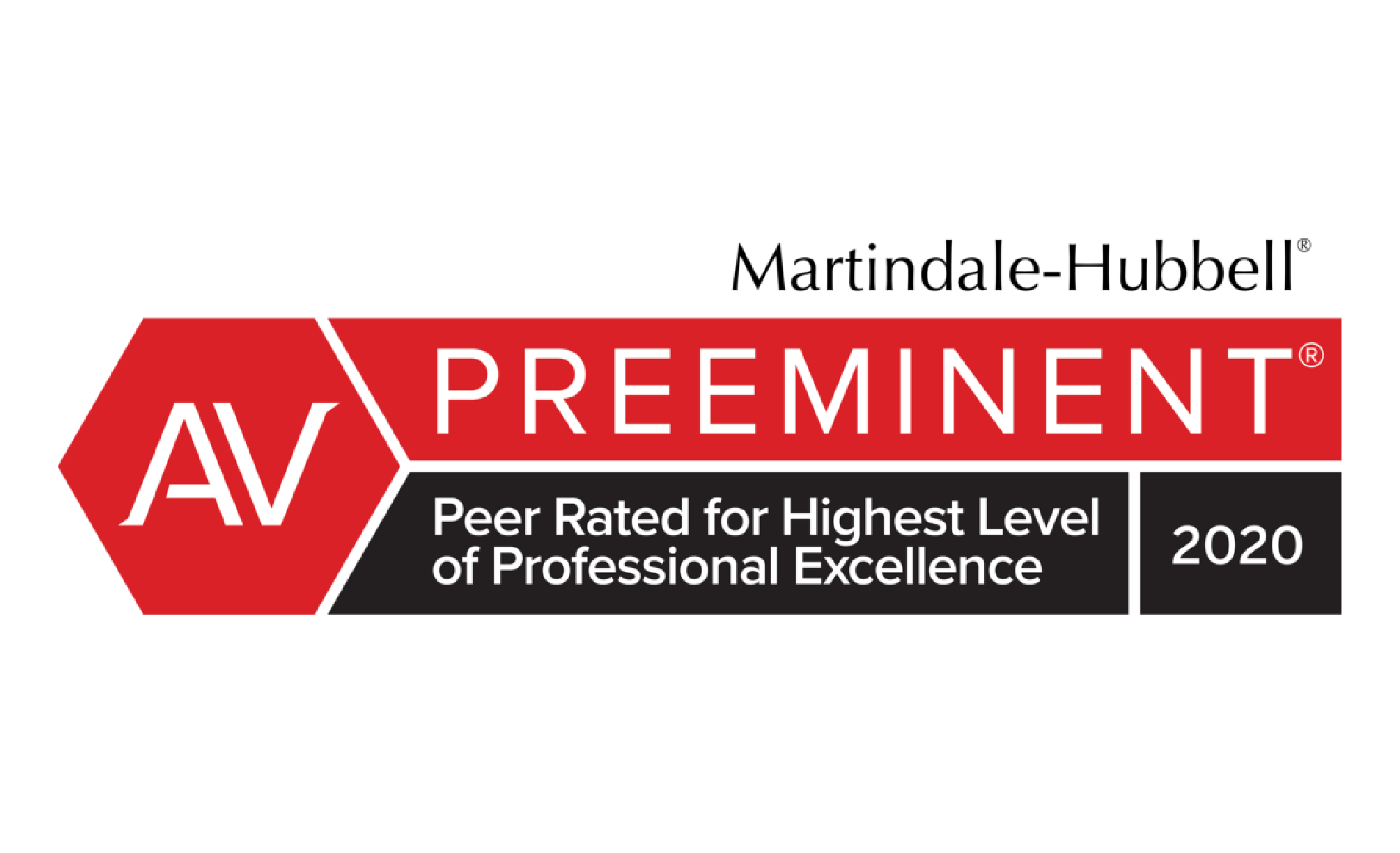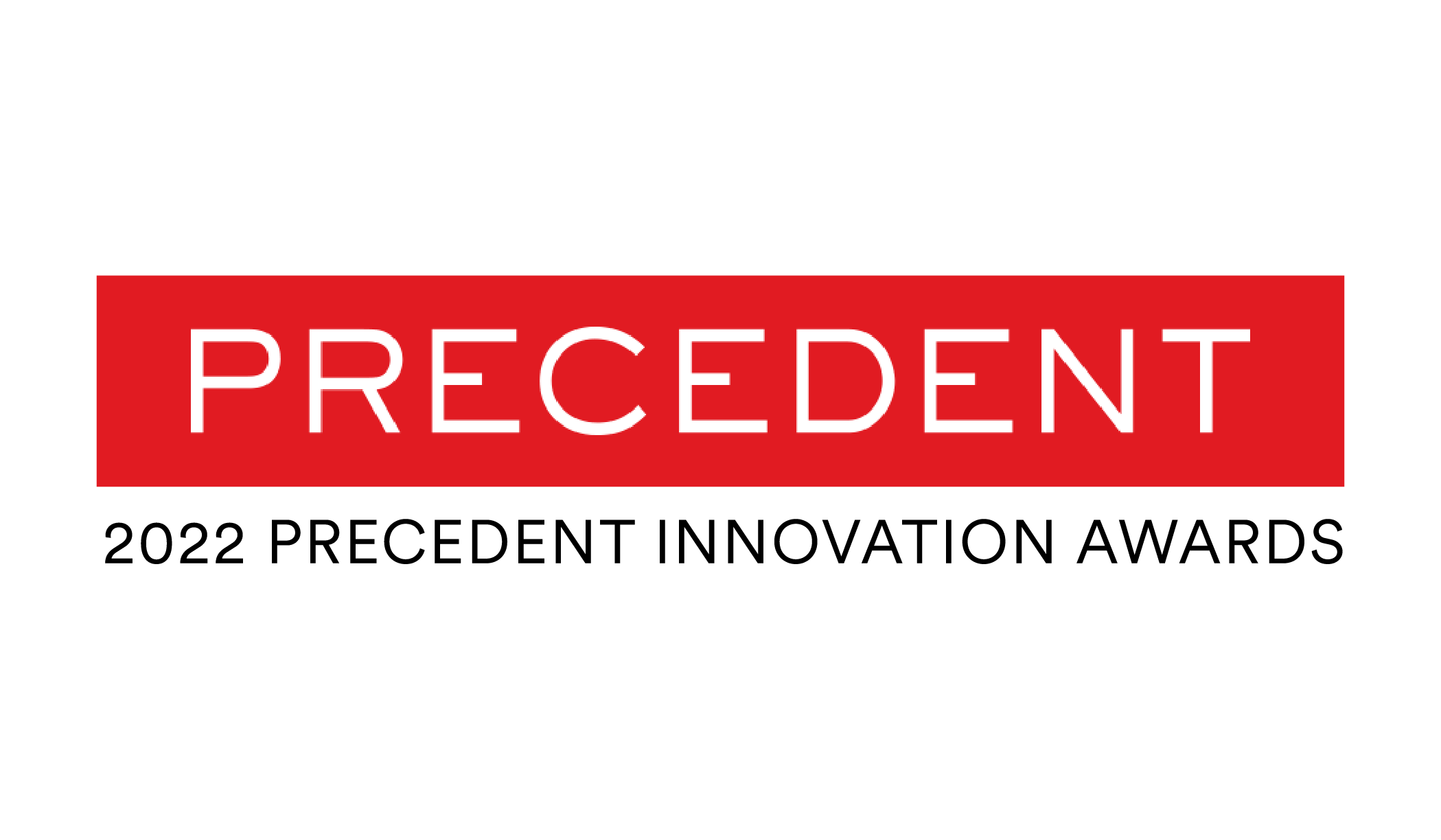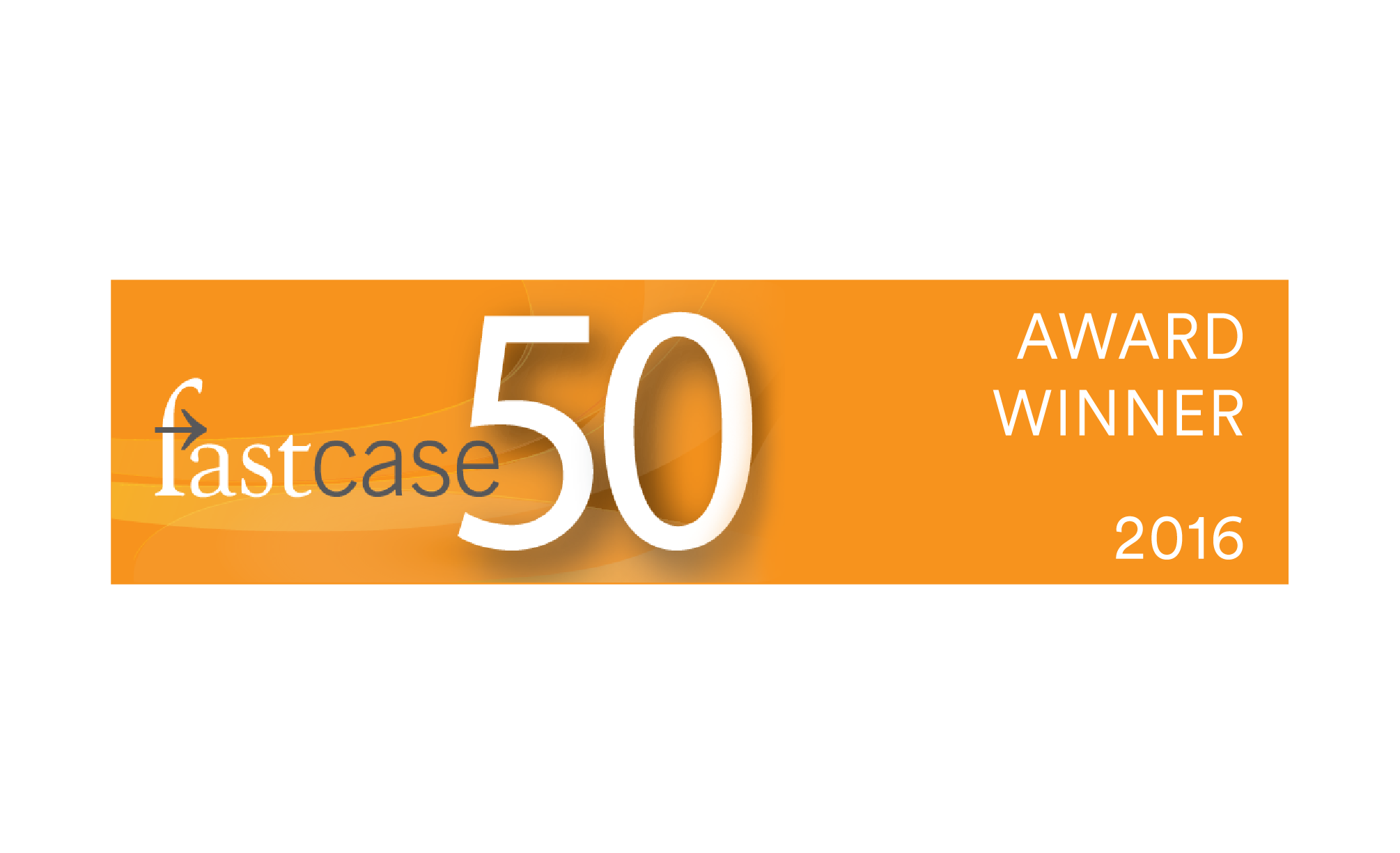
John Chisholm did not think that he would end up researching, writing, and consulting about law firm pricing. However, John learned how the billable hour model is limiting law firm profitability, and he became a passionate value pricing advocate.
Peter Aprile and Natalie Worsfold talk to John about why he believes that law firms should stop hourly billing and start value pricing. The group discusses why and how the hourly billing model is hurting you, your law firm, and your clients.
Also, Peter, Natalie and John discuss how the current model is creating an environment that hurts associate development and retention. Oh, and Counter decides to stop offering hourly billing on all new files, and to stop tracking time on January 1, 2019.

John Chisholm was previously a partner for 18 years, including 9 as Managing Partner at Maddocks, & Chief Executive of Middletons ( now K&L Gates) for 5 years.
John established his own consultancy, John Chisholm Consulting, in 2005 to share his expertise and experience with professionals who look to maximize the well being of their people & their firms business performance. He now speaks, trains, facilitates, coaches and consults. As a practicing lawyer, managing partner and chief executive, John was well placed to experience firsthand both the benefits but also the drawbacks of the legal profession pricing their services solely by reference to time. He has been the sole consultant to the legal profession in Australia for a number of years now extolling firms to not only stop billing their services by time but also to burn their time sheets. He works with professional firms (and their clients) assisting them with both a mindset change, and the practical implementation, of moving towards value based pricing to become Firms of the Future instead of firms of the past.
John is a Senior Fellow of the Verasage Institute, an international think tank of thought leaders and innovators for professional firms, has written numerous articles on value pricing and has presented and spoken to over 1000 professionals on this topic.
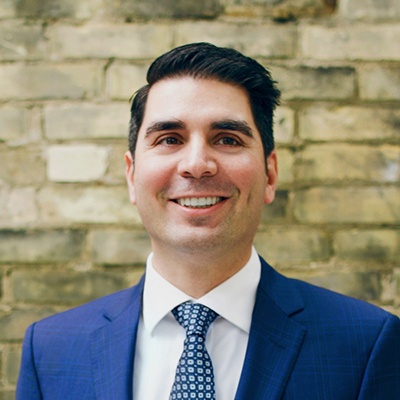
Peter Aprile is a senior lawyer specializing in tax dispute resolution and litigation. His vision as Counter’s founder and his everyday role at the firm are one and the same: to be an agent of change, uncovering opportunities and developing strategies that achieve more than anyone expected. A creative thinker, Peter studies problems from all different angles to find what others have missed. He’s also convinced that he likes winning more than most people.
Different people describe Peter in different ways. At the CRA and the federal Department of Justice, the word relentless comes up quite a lot. Admittedly, so does the word a**hole – but it’s often said with a certain grudging respect, if not affection. Peter’s clients call him a saint. Well, some of them, anyway. His colleagues describe him as empowering and harddriving, but fair. Peter’s friends call him loyal. His wife describes him as a lot to deal with, but worth it. Peter encourages his young daughter and son to call him “The Big Homie,” though with limited success. His mother describes him with the single word mischievous – before going on to complain that he should call more.

Natalie is a tax lawyer who represents individual taxpayers and owner-managed businesses in disputes with the Canada Revenue Agency (CRA). She also successfully challenges CRA decisions denying taxpayer relief and helps facilitate applications under the Voluntary Disclosures Program.
But what you really need to know about Natalie is that she’s a tax litigator with heart. When she takes a case, it’s not out of technical interest – it’s because she cares. And if she believes the government has got something wrong, she won’t stop until it’s been put right. She’s fierce.
Natalie is the co-architect behind many of Counter’s process workflows, software and data analytics systems, as well as our comprehensive knowledgebase (loving named Hank). And when it comes to preparing cases, she’s Counter’s secret weapon – happiest when elbow-deep in evidence, meticulously building creative solutions to seemingly impossible problems. Because the fact is Natalie sees things that other people don’t.
Natalie’s family and friends describe her as loyal, selfless, understanding and fun. They also mention stubborn. To her Counter colleagues she’s a combination of stellar brainpower and contagious enthusiasm who elevates the game of everyone around her.
People
[00:00] [background music]
Peter Aprile: [00:08] Hi, and welcome to "Building NewLaw," Canada's first and only CPD‑accredited podcast. It's hosted by me, Peter Aprile, and my colleague, Natalie Worsfold.
Natalie Worsfold: [00:17] In each episode, we interview lawyers, legal technologists, and other like‑minded people at the forefront of NewLaw.
Peter: [00:24] We hope that the podcast connects NewLaw community and helps us all learn more about the approaches that are changing the way that we practice law.
Natalie: [00:31] To learn how you can use this podcast to satisfy your law society's CPD requirements, visit our website at countertax.ca/bnlcpd. That's countertax.ca/bnlcpd.
Peter: [00:39] Enjoy the show.
Announcer: [00:40] The Building NewLaw podcast is supported by Counter Tax Lawyers, a new type of tax controversy and litigation law firm. To learn more about Counter, go to countertax.ca.
Natalie: [01:00] Today, we're talking with John Chisholm about value pricing. We heard John speak at the Lille Innovators Roundtable with Mitch Kowalski, and his talk really resonated with us.
Peter: [01:15] Yeah, we've been thinking about it ever since that day. I've read about value pricing before, but John really shifted my perspective. John is one of the many people who think that the billable hour is demeaning and a lazy way to price legal services.
[01:30] We wanted to talk to John about better ways to price legal services and how the legal industry can move towards a new model. Here is our interview with John.
[01:38] [background music]
Peter: [01:38] If you just want to give us a brief introduction and tell us what you do.
John Chisholm: [01:47] Hi. My name is John Chisholm, and I'm a third‑generation recovering lawyer. I was a partner, managing partner, chief executive of two reasonably large and very good law firms in Australia until 2005 when, either I had had enough of Big Laura, or Big Laura had had enough of me.
[02:09] And I took four months off and drove round Australia, and reinvented what's rest of my life as a consultant back to the legal profession. Even though, back in 2005, the last thing I wanted to do was have anything more to do with lawyers.
[02:23] [laughter]
John: [02:25] Now, I find myself consulting back to the professions on strategy, structure, and pricing basically.
Peter: [02:33] I want to really dig into some of the things that you've raised, Innovators Roundtable Talk. But before I do that, for the listeners that aren't familiar with value pricing, maybe if you could give a quick high‑level overview of what that means.
John: [02:48] Yes, Peter. From my point of view, value pricing is just pricing your services upfront, based on the value that you are providing to your clients, or what I prefer to call customers. And it is about providing value to your clients. But it's from their prospective, not ours, and that's hard. I was brought up, at least, from the late '70s, early '80s, in Australia, on the billable hour week.
[03:19] We sell time, which is still how most lawyers charge for their services. But the problem with that...And I didn't know this at the time, so I'm not trying to sound like some reformed smoker. The law firms I ran quite successfully, and they're still successful, was run on the billable hour business model, and that is leveraging people by time by an hourly rate.
[03:44] But after I left mainstream law, I realized that's all about inputs, and activities, and time. And it's not necessarily the time I or you put into something, may not necessarily create value to our customers. So, pricing your services upfront is a much better way of running a practice, both from lawyers' perspective and from clients' perspective.
[04:11] And value, like beauty, is subjective, and it's in the eye of the beholder. And the best we can do as lawyers is influence our clients' perception of value. But at the end of the day, it's our clients who will determine whether we provided value or not to them.
Peter: [04:28] Why is value pricing in the clients' interest?
John: [04:31] I think for a number of reasons, Peter. There is more predictability and certainty. And think about it, the legal profession, and some of the other professions are basically the only industries in the world where I can't tell you how much something is going to cost, because I don't know how much time I'm going to spend on it.
[04:56] I mean it is quite different to the way the rest of the business world operates. The way we operate as consumers and purchasers of almost anything.
[05:05] So, I think having that predictability and certainty around fees, is not only good for clients, and clients love it, but good for the law firm. I mean, it's not a great business model, I don't think, if have to wait until a client gets your bill for them to determine whether they've received value or not from you.
[05:28] I just think it's a much more transparent way. I know this is quite controversial, but even a more ethical way of practicing our craft if we can price our services upfront, rather than in arrears.
Peter: [05:46] Why do you think it's possibly a more ethical way?
John: [05:50] Yes, I thought if I could adopt the...
[05:52] [laughter]
John: [05:54] We can have the whole discussion because I just ran...I just think the concept of what is ethical, and not ethical is a moving concept. If you take the medical profession, what was ethical in the medical profession, 5, 10, 20, 100, 1,000 years ago is not ethical now as new discoveries are made, the way you can treat certain illnesses, those sorts of things.
[06:23] And again, I think if we can process services upfront, it just takes away a whole lot of problems that I had when I was practicing lawyer, and also managing partner and chief executive is quandary. It takes away the bill shock for our clients. I just think that's a wonderful, much more ethical way of running our practice.
[06:49] For most clients, when they come to a lawyer, it's an anxious time. I think we add to the anxiety of our clients when we can't tell them how much something is going to cost. And I think if you can take away that anxiety...
[07:03] And also, I think what I work with, a lot of great law firms, not just law firms, other professional firms, I try to do myself is focusing on clients' outcomes and results rather than inputs, and activities, and particularly time. I think if you could focus on trying to achieve a mutually great outcome from your clients, it's just, again, as I say, a better way of practicing law, and our clients love it.
[07:34] I used to hate it as a practicing lawyer when clients would say, "But, John, we weren't expecting that fee. I gave you an estimate," or "I gave you a range." And the fee, invariably, came in higher because we're human beings, and best will in the world, we just can't predict time in advance. And guess what? We always underestimate the time it's going to take to do something.
[07:58] So even if you do a fixed fee based on time in advance, we invariably get it wrong if you're analyzing it as how much time you're putting into things. And it creates this production mentality. It's true unfortunately out there. It rewards time‑based billing, and often rewards the slowest horse in the race. And that's just not a great way, I don't think, of both practicing law and it's not all that ethical.
[08:29] It builds in a whole lot of inefficiencies within practices because everything is built around time.
Peter: [08:37] What's the quandary or the ethical dilemma that billable hours presents to lawyers?
John: [08:42] There's a whole generation. I see it. I still go into firms where young lawyers, in particular, the ethical quandary or the moral quandary that they have is doing the right thing by their client, recording time. And to be frank, recording time is not accurate.
[09:01] We're human beings. We can't, even with all the greatest technology you've got, the best will in the world, you never get the time exactly right. So it's only just approximate time anyway, so it's never accurate.
[09:16] But you have lawyers, [inaudible] partners of law firms that have these monthly budgets, or, in some cases, daily time that they've got to get to. Guess what? Sometimes they find themselves putting down time just to make their budgets. They do, and I know their profession denies it, but I see it all the time.
[09:38] And it's an awful dilemma that I think lawyers are put into. Do I do the right thing by my client, or do I do the right thing by the firm?
[09:48] So again, it just creates this production mentality. And, I'm sorry, but it tempts otherwise ethical professionals to sometimes do unethical things. It just does. And I think if you could take that temptation away, it's, as I said, a better way of practicing our craft.
Peter: [10:09] So, I agree completely. I think it's good if we talk about it. And so, I thank you for sharing that and putting that out there a little bit. So, your position is that the billable hour model should be replaced entirely by value‑based pricing. Is that accurate?
John: [10:28] Yes, that is. [laughs]
Peter: [10:29] And one of the things that you shook me during and after. Not physically.
[10:36] [laughter]
Peter: [10:38] During and after your talk because we're always playing with...We offer our clients flat fees and we do a lot of stuff on hourly or hourly by stage, and things of that nature. And I'm paraphrasing. This is what I heard, maybe not what you said. But not only eliminate charging your clients on a billable hour model, but eliminate your billable rate.
[11:04] And the idea, [laughs] as simple as it sounds, the idea of me as a lawyer and the people that I work with, not even having a billable rate was striking to me. And started to open my eyes to a couple of different possibilities or what that would mean, or why I would be uncomfortable with that.
[11:22] And why that could be what's absolutely necessary to maybe set us all free from this punch clock or production mentality. So, can you talk a little bit about getting to the root of it and getting rid of the rates entirely?
John: [11:39] Well, I think the real cancer in that profession is the time shifts. If you don't record time full stop, you just can't have an hourly rate. And I think it is a constraint, a restriction on the practice. Even in a business sense, Peter, it puts a ceiling on the profit that a lawyer can make.
[12:00] When you think about it, there are only so many hours in the day. I'm talking about I accurately record and I got an hourly rate. But you do the multiplications and there is always a ceiling.
[12:12] Also, I think it's just hugely restrictive. We talk about innovation, creativity. I can't think of anything that is less innovative and less creative than just having to account for a very, in Australia law firms, every six minutes of your day. It's just plain dumb. I think it's also just plain wrong.
Natalie: [12:38] It's the same here. Six minutes. Every six minutes, yeah. And I absolutely agree with you. It's demoralizing and I think [laughs] it's...What you touched on earlier. It demeans what you're actually doing. What I produce in a particular six minutes is not equal to what I'm going to produce in a different six minutes. It shouldn't be on the same pay scale.
John: [12:59] And you're right, Natalie. The way I practice law, and still the way many firms do it, we divide up a daily professionalize between billable and non‑billable work. Again, it's not how the real world operates out there. It's not how other businesses operate.
[13:19] The firms that I work with now, if they're dividing their time, it's between what's valuable and not so valuable. It is a mindset change. It's just taking away. And I get it all the time from firms. Well, you take away the time sheet, how do we know what it cost there? How do we know what people are doing?
[13:39] I can only talk anecdotally that the lawyers that I work with that both no longer bill by time nor record time. It's just changes the internal environment to a much more collaborative environment. It opens ways. Not just different ways of pricing with the clients, but coming up with creative solutions. And lawyers could be rewarded for those solutions because they're not based on time.
[14:07] Peter or Natalie, you give me some wonderful advice that takes you 30 seconds because you are brilliant at what you do that saved me $20 million in tax, but our agreement is that I'm paying you by time, do you think that you've left value on the table? You couldn't lie on that on your time sheets too.
Natalie: [14:29] [laughs]
John: [14:29] So, try and capture some of the value you've created for me.
Peter: [14:33] And it's happened, frankly.
John: [14:34] But we've done this to ourselves. It wasn't our clients that forced us to bill by time and record time. We did that as a profession.
[14:47] And I don't want the profession to wait until our clients say, "We're no longer happy with this. We want fixed rates," or "We want more upfront rates." I think it should be the profession that's saying, "Hey, we have such a great service offering pricing model, and this is what it is."
[15:07] So, I think we can. And, thank goodness, there are some really wonderful, courageous lawyers out there that are saying, "Yeah. This is a better way of doing it." And you can. I had this argument yesterday [laughs] with a firm saying it just can't be done. You can't run a financially successful firm without timesheets. I'm sorry, they are out there. Look around.
[15:35] We have got to take off those blinkers. This is not just some theory from some books that I've read or others have read. There are law firms out there, there are other professional firms that are quite successful financially and otherwise, that are running their practices and making their profits. And they're not either billing by time or recording time.
[15:53] So, it can be done. But it is a paradigm shift. And it is a mindset change. It's not just a billing model change.
Peter: [16:00] So, what do you attribute the resistance to? Is it ignorance?
John: [16:04] [sighs] Gee, it's hard to change millionaires, Peter.
[16:07] [laughter]
John: [16:10] The billable hour model, it's been successful financially and otherwise for a very long time. And it still is for many firms. It's a risk‑free environment to some degree that with being brought up in under that billable hour model, clients take all the risk. I just do the time. I literally take no risk.
[16:32] And I think profit comes from risk. And if you take more risk with your client and share some of that risk, you should be entitled to a greater profit.
[16:41] I think the other reason with the resistance...And I dread to say it. You perhaps will get some comments on this. But we've educated our clients very, very well over the last few decades about our billing model.
[16:56] It's not a pricing model by the way. Pricing happens in advance before you do the work. Billing happens after you do the work. The billable hour model is not a pricing model. It's a billing model.
[17:09] But that aside, it's acceptable to many clients. I also have to say it's acceptable to many in‑house counsel. They may complain about the external lawyers' fees. They may complain about bill shock. But for so long as they keep asking and keep accepting hourly rates and even requiring time sheets from their law firms, that's what you're going to get.
[17:34] And unfortunately, lawyers buying and selling from other lawyers does not always create the most innovative environment. It is hard to change some clients, too. But it is being done. And I think it is the profession that beholds itself to make the change. Not waiting for our clients to force it on us.
Peter: [17:56] I don't think this is what you meant, but I'll say it anyway. I'll push back on one of the things that you said, which is the billable hour model has been very successful.
[18:05] And I want to say out loud that in a circumstance in which clients aren't happy with the model and in which lawyers seem to be either unhappy with the model or apathetic, if profit is your only measure, then billable hour has been a successful model. But if we take into account the contentment of the players in the transaction, then it's been an abject failure.
John: [18:28] Right. I absolutely agree with that. I was really talking about financial success.
Peter: [18:35] I just don't think it gets talked about enough. You're putting your finger on it. I wanted to say this directly as possible is that both parties on each side of this equation are not happy with this model, and it's fascinating when both parties...If it was just clients that were unhappy then we could [laughs] continue to ignore this at our own peril.
[18:54] It's ironic that the people that are actually providing the services, the people that arguably control the model are unhappy with it as well but then fail to change it.
Natalie: [19:04] Isn't everybody just scared?
John: [19:05] There's always a fear that I'm going to either undersell or oversell my associates, and it's something that I think the professions generally, but certainly the legal profession has been immune from for a long time. The world is now changing with technology, and I know, Peter and Natalie, you've heard me say this, but it is true.
[19:28] Why, if I'm a law firm, would I invest substantial, big dollars in technology to help me do something quicker, and yet I'm still going to bill by time. That's just a dumb business model. Where that finishes up, I don't know.
[19:43] I think there are a whole lot of tools, including some pressures out there that are making firms at least have more certainty, predictability with fixed fees. Sorry, I'll stop frothing at the mouth.
[19:58] [laughter]
John: [19:59] I should also say that I'm not doing this because I necessarily want the profession to go out backwards or I want lawyers to earn less money or what have you. The firms that I work with are actually more profitable but in a different way than what they were before the billable time. So it doesn't have to be an either or.
[20:22] You can vary your price and still be profitable, if that's your driver, if it's really profit. Leaving aside all that, I think the relationship both internally with our team members but also with our client is far better when everything's not based around time.
[20:44] Every firm I go into says they're innovative and creative, and I ask them, "Well, how do you measure and reward that innovation and creativity?" They don't, or they only do it in a little way because what they're still measuring or rewarding is the billable hour.
Peter: [20:58] What you just said raises a number of questions. The first one you said, they're profitable in a different way. I want to ask you about that. What does that mean?
John: [21:08] It's not a revenue‑based model per se, if you want to bring it back to financial, Peter. It's more about a profit‑based model. Sure, you need a certain amount of revenue, and I'm not an accountant, but my revenue's got to be more than my real costs so I can make a profit.
[21:28] A lot of the firms that I work with are getting a higher profit per file because their client has agreed to pay that because either they want the certainty or agreed that the law firm's providing greater value, whereas they're not so focused on revenue. The billable hour, and it did for me, we talk about that production mentality.
[21:56] It creates that focus, "I've never met a billable hour I don't like yet." Again, that's not a great way to run your practice. I think if you're more selective about the clients that you take on...Value pricing works much better for experts I have to say.
Peter: [22:14] Specialists, you mean.
John: [22:15] Yeah, for specialist. If you don't know what you're doing, or you suck at what you're doing, stick to the alleyway.
[22:21] [laughter]
John: [22:23] Quite frankly, but for specialists. I know this sounds counterintuitive, but the work I've been doing for 12 years now, and I see a huge amount of pricing mistakes out there in the professions. Guess what? Particularly from good lawyers, most of those pricing mistakes are lawyers leaving value on the table.
[22:44] They've underpriced their services not overpriced, but we overprice a whole lot of other stuff. We overprice young lawyers traditionally doing production type work. We've seen that, at least in Australia it's been taken away from the law firms in droves. There's tech companies doing all those sorts of works.
[23:05] There's outsource providers doing the sorts of works where the old law pyramid model was being done by young lawyers. Clients and other competitors that come out and go, "Well, they're making a [inaudible] of money out of that. We can do it better, quicker for clients at a cheaper price." And now law firms are not doing that work.
[23:32] To be fair, specialists, surgeons could pierce ears, but it's not the highest and best use of their ability. So I think good lawyers are better at doing what they're good at, and that is creating value for their clients by way of their intellectual and social capital. And it's quite demeaning that everything that we do is just reduced to time.
[24:05] It really is. I think pricing is as much about self‑esteem as it for anything else. We've done it to ourselves, but I think it's so demeaning that we reduce everything we do just to the time it takes to do something.
Peter: [24:18] Yeah, and that's exactly where I am at. I think that that's a great word, it's demeaning. As somebody that is fortunate enough to make decisions in a small law firm, I don't want to put that on my team either. Not only do I not want that for myself, but I don't want an environment in which people feel like that because of a pricing model.
John: [24:37] Can I just say? I still come across so many former lawyers or ex‑lawyers who have left the profession, a range of reasons, but there's a commonality. They found it demeaning their life being looked at at every six minutes and being measured and rewarded by those six minutes.
Peter: [25:04] How does this actually happen in practice? So I know in terms of coming up with an understanding of what law firms or lawyers can know and what they can't know, [inaudible] provides a bit of a framework for that. Can you explain that?
John: [25:21] Yeah. Chris [inaudible] , I met Chris maybe 10 years ago now. Now, Chris is a lawyer. I think he's actually an entrepreneur in drag that just happens to be a lawyer.
[25:32] [laughter]
John: [25:33] I first saw Chris do this at a conference some years ago. I know it's hard for your listeners to, but if you imagine these concentric circles, and in the inner circle is what Chris calls yes work. So I don't care what sort of problem your client got, what sort of lawyer you are. A client comes to you and says, "I got this problem. I've been served with a writ or summons or whatever."
[26:02] So, could you price that work? It may be that you've got to do some further investigation, or you've got to file a defense, or I don't know what the right terminology and candor is. So could you price that? It's what Chris calls yes work. And then there's another circle outside of that work, what Chris says is likely work.
[26:23] So up in and around the traps I've seen things like this before, and what's likely to happen if we file a defense or file a counter claim or it will be sit down for mediation. It's 60, 70, 80 percent likely to happen. Can't guarantee, but I've been around. So it's likely work. Then outside of that circle if you draw a wider circle is what Chris says maybe work.
[26:53] Clients can't expect you to have a crystal ball, but I've seen something like this. Maybe if we go to mediation, it will be set down for trial in six months' time, or maybe it'll settle. Or maybe we get some further information and we have to join another party or something. And then outside of that is what Chris calls the WHK work, who the hell knows.
[27:18] [laughter]
John: [27:18] In Australia, we call it WFK work.
[27:22] [laughter]
John: [27:23] But the idea of these concentric circles is that you can work out with your clients and plot what could happen once the yes work and you've got all of the information from the other side one of those scenarios that is likely, and then that becomes the next years work. So can I price that? Yep. I can do that and so forth and so forth.
[27:46] I'm not suggesting, Peter and Natalie, that I can price the work right out whenever. That would be silly. I should only price what I can reasonably scope, but I think we can. We know more than what we led on, and I think we can with some certainty price around that. I do a lot of work with firms that do phased or staged pricing.
[28:12] We can price it to this stage, and then we have a look at it again, what's going to happen. We agree with that client what the next stage, the next scope of the work is going to be and then we can price that and so forth.
Peter: [28:24] You talked about doing it with your client. What's the value of doing it in collaboration with your client?
John: [28:31] Often we don't have all the answers. If we do it in collaboration with our clients, often the client has some of those answers, but we haven't uncovered that. I think if we can do it with our client, it gets buy in from the client.
[28:46] When a client buys in to both the strategy and the price, it's hard for them to be upset or to take issue or whatever. They're actually part of the whole...We talk about partnering with our clients, and this is true partnering. Also, I think it allows the clients both to make choices, but also it shows the client how good we are in our expertise.
Natalie: [29:14] One of the things I really wanted to touch on because you mentioned it earlier, and you talked about rewards. And a lot of people, when they think about the billable hour, their mind goes towards lawyer compensation and bonuses and things like that.
[29:27] Can you talk a little bit about your experience with firms that have switched away from the billable hour? What have they done in terms of lawyer compensation?
John: [29:37] I think that is such an interesting topic and is a developing topic, and I know it's tried to say. But if I want to move away from the billable hour and I want to have different pricing models and be more innovative, yet I keep measuring and rewarding my lawyers or my team by time, at the very best it sends mixed signals to your...
[30:04] [laughter]
John: [30:05] It really does. I see it all the time. We have to change that measurement and reward. And I'm not saying that there shouldn't be still financial goals, but the financial goals are shared within the team. Our team has to make profit or write fees of X dollars per year. How are we going to do it team? Let's get together. But individuals have certain, we call them key predictive indicators.
[30:35] They're predictive about what's going to be in the best benefit of the firm, culture‑wise, financial‑wise, those sorts of things. And I'm saying firms that...if we really want our firm to be innovative, then we should encourage innovation by rewarding innovation.
[30:52] What I'm saying, instead of a cookie‑cutter approach, which tended to be in the past, whether your partner or lawyer, you had to do x many hours, you had to get a new client chapter, manage your client chapter, manage your team, or that sort of thing, I'm finding much more personal goals and measurements and rewards.
[31:14] If my skills is really in rain‑making, why tie me to the desk for 10 hours a day, [laughs] and make me do legal work that I probably don't enjoy, and might not be very good at, when I could be out, whether it's playing golf or whether it's glide handling or whatever fun's bringing in more work?
[31:34] Equally, if I'm a very shy person, I'm not good at marketing, why do something to me and put me out there, and make me go to events and talk to people, when I really would prefer to be locked in a room and just do my technical legal work?
[31:53] And yet, [laughs] firms, traditionally, have done that. We're supposed to be good at all these things, and you get rewarded for all these things, so I think it's much more now about horses for courses, and having people that have particular skills and competencies in complementary areas, and the whole team benefits.
[32:15] It's really interesting, those firms that, when you don't have individual financial goals, but you have team goals, just a collaborative effect. Firms talk about collaboration, but time sheets are the biggest collaboration and innovation killers you could imagine. They're so individual, that it doesn't all go well for genuine collaboration.
[32:38] In other organizations, getting together, five minds are better than one mind, and whatever, and how can we come up with these great creative solutions for our clients.
[32:50] In old law firms, when I collaborate with the two of you, I put down on my time sheet, my time, you put down on your time sheet, your time, so forth, so client is paying for that collaboration. Whereas, under a time‑less model, the collaboration is in the solution, and the outcome, and the output to your client.
Natalie: [33:12] And so, are you looking more at the compensation that the individuals within the firm would see, is tied much more to the firm's profitability? Is that probably the best thing to look at?
John: [33:26] If we are talking just on the financial side of it, yes. In some of those, if we have a team budget or financial budget, or whatever, maybe that team can share in the profitability. And look, [laughs] I know this sounds really...but it takes away, either no one's a fee earner, or everyone's a fee earner.
[33:48] And you don't just have to be a lawyer to be under that model of fee earner. If I'm a administrative assistant, and I'm at the front line, and I'm doing these wonderful things for my customers, for my clients, why shouldn't I be able to share in that?
[34:05] I think it's really interesting as to how it's going to play out, and I'm seeing it already, that some of the more highly‑paid, compensated people in firms are not necessarily the lawyers.
[34:17] I think there's a real risk that, in the future, lawyers, if they're not careful, will become the commodity item, whereas I'll pay more to a fantastic business development or a tech person, or whatever, because they're actually creating more value to my client. Anyone can do some of that legal work. I'm being a bit facetious, but you know what I mean?
Natalie: [34:42] I absolutely hear what you mean, yeah. Who's delivering the value to the company, is what you're asking.
John: [34:46] Who's delivering the value?
[34:47] And I think when you have law firms that are run by lawyers, for lawyers, [laughs] it creates compensation for the lawyers, but when you have organizations which, at least in Australia, I can bring in people that don't have to be lawyers, and I can share profits with those people, they create fantastic value, not just for me, but for my clients, and I can share in those rewards, financial and otherwise, with those people.
[35:16] I should just say one thing, and I know I've said this at the Innovators Roundtable, if law firms did nothing else but had two policies, one is, no one individual comprises their own work, and secondly, they said to their clients, that they will never, ever receive a bill from our law firm that has not been pre‑authorized, I think the firms will be better off and their clients will love them for it.
[35:46] I think, if you price your own work ‑‑ we tend to under‑price our services to start with ‑‑ the quicker you price, usually the lower we price.
[35:57] But I think if you can say to your clients, "You will never, ever get bill shock from us, we will always speak to you, agree on the price, either beforehand or before you receive the bill," as a marketing, as a point of differentiation, I'm sorry to say, is just an enormous benefit still at the moment, out there for those law firms that are prepared to be, both courteous to their clients and courageous, internally, to do something like that.
Peter: [36:24] Well said, and that's a great point to end on. And again, I just want to thank you, you gave us a lot to think about, and thank you for being so generous in letting us post those slides in the show notes, as well.
[36:37] I think you're going to send us a couple of articles, including the one on compensation and value‑pricing that we could post, as well...
John: [36:44] I will.
Peter: [36:45] because, if my experience, it might near the listener's experience, once you start looking into this and thinking about it, and thinking of the different tensions, I'm starting to see how adopting the value‑based model is a way forward for a lot more reasons than just one, and likely to be the future of billing in this industry.
John: [37:09] Thanks, Peter and Natalie, [laughs] for putting up with my...I'm passionate about it, I have great faith in our profession in the future.
[37:19] And the value‑based pricing, it's not just for the pricing, it's not just for the profit. I just think it's a better way, honestly, genuinely do, of practicing our craft in the future, and I think if we want to still be genuinely sustainable in the world out there in the future, then we have to change our business model, and that is moving away from, we sell time, to, we provide value.
Peter: [37:48] Thank you so much, John.
John: [37:49] Thank you.
[37:50] [background music]
Peter: [37:50] So the question becomes, are you scared of value‑pricing, or are you scared of us value‑pricing?
Natalie: [38:07] I think it's healthy to have a respectful fear of it, so yes. I think fear and being scared is a normal reaction to something that you don't know and don't fully understand. So yes, I'm scared of it. If you're asking me whether or not I think we should try it, certainly. I think it's worth trying.
Peter: [38:25] My feeling on this is, we have to do more than try it, we have to commit to it.
Natalie: [38:29] Sorry, when I say try it, it's more like a pilot project, in my head.
Peter: [38:32] Pilot project like nobody has billable hours anymore, nobody has a rate anymore.
Natalie: [38:36] And in six months, if that is not working, or if things have gone horribly wrong, [laughs] you switch back.
Peter: [38:41] But we're not going to tell anybody that we work with that, right?
Natalie: [38:45] [laughs]
Peter: [38:46] I think that this is a burn‑the‑boat strategy. I think that, you need to just commit to this, burn the boats and do it, and it will work. And if you don't, if there's always that escape hatch, I think that...Again, billable hours are really easy, and if you know that escape hatch is there, you're going to take that safety blanket as soon as things start to go off the rail.
[39:10] How do you know in six months if this is going to work, if profitability is increased over the firm?
Natalie: [39:14] I think you'd have to have a couple of metrics that you agree on upfront, and monitor over the progress of those six months, yeah.
Peter: [39:21] So you want to keep docketing time?
Natalie: [39:23] No, I wasn't saying that.
Peter: [39:25] [laughs]
Natalie: [39:25] You can take away my time sheet. I'm quite happy never to touch one of those ever again in my life.
Peter: [39:30] And your rate. When somebody calls you and says, "What's your rate?" you're going to stand up and say, I don't have one," and then when they say, "What in God's name are you talking about? Every lawyer on the planet has a rate. What's your rate?"
Natalie: [39:39] That's why I think there's an education piece here. You've got to arm everybody in your team with the ability to answer those questions, confidently.
Peter: [39:47] No, we're just going to write a blog article and send a link.
Natalie: [39:49] No, that's not how that works. [laughs]
Peter: [39:51] I'm not having that conversation with every lawyer that calls our office. There is no way...
Natalie: [39:56] I meant, everybody on our team needs to be ready to answer those questions. I think that's part of what comes with it. If everybody is on board, and if everybody is ready to go and feels confident, then I think you won't need to have that blog...you can still have the blog article, but your best weapon or your best resource will be your people.
Peter: [40:18] So are we going to do a follow‑up, building an op‑piece, in which we report back on what's happened in the last six months or a year, and whether we've absolutely [laughs] failed in this?
Natalie: [40:26] You mean, by the way, bankrupt or not? [laughs]
Peter: [40:28] Yeah. Maybe if there is no Building NewLaw podcast in six months, everybody will know what happened.
Natalie: [40:32] You know why. [laughs]
Peter: [40:32] Fair enough.
[40:33] The thing that I need to learn more about, or really want to get into is compensation models, and how value‑pricing interacts with compensation models, because that's the key to this whole thing, I think.
[40:45] I think that that's the piece that you need to figure out, because just having it on the pricing side, without tying it back to compensation or without it impacting compensation, is an incomplete solution. And I agreed with what you were getting at, in terms of, it's got to be a shared pie.
Natalie: [41:03] So the only thing I didn't quite...because my brain was trying to work through while we were talking, which is never a great idea, [laughs] but I was trying to understand why I feel like it's tied to compensation, because right now, I understand that in a lot of firms you get bonuses based on the time that you provided, with the idea that you help the firm make more money, or something along those lines.
[41:24] But if they were no bonuses, this wouldn't be an issue, right?
Peter: [41:30] What do you mean if there were no bonuses?
Natalie: [41:33] If bonuses didn't exist in the legal world, value‑pricing or whatever other kind of pricing, would have no impact on compensation. Compensation would be based on a negotiation between the company and the individual.
Peter: [41:48] Yeah, absolutely, which is essentially where this is going to go. You're going to look at every role, and figure out what value that role contributes to the firm, from a profitability or revenue perspective, or what have you. And so that's the analysis that's probably going to be need to undertaken, that the shift is, that the goal has always been time.
[42:14] And so, that means, people need to...Again, I'm getting away from lazy pricing, as well as lazy compensation models, somebody's got to need to sit down, we are going to need to sit down, and figure out what the other goal is, or what the basket looks like, the basket of goals, let's say.
[42:32] What are the different ways that people can contribute value to this firm that isn't time‑based, and then compensate them based on that. Just like pricing, it's going to be imperfect, and I'm sure we'll flounder a little bit and...but again...
Natalie: [42:49] But do the two need to happen together?
Peter: [42:52] I don't think they need to happen together, but it makes sense to happen together, but both need to happen, that's what I know. I don't think, as we switch to value‑based pricing, or certainly away from a billable‑hour model, I don't think we need to have the compensation side figured out before we switch to the value side, but it's got to change, because we're pointing people in the wrong direction.
[43:16] Doesn't make any sense. Your goal can't be the amount of time you change your desk, it's ridiculous. You're sending people two messages.
Natalie: [43:24] Both of which are terrible. [laughs] What do you mean by two messages?
Peter: [43:27] No, but you're saying to people, you need to contribute value, and we don't value time, and then you're compensating them, in some part...
Natalie: [43:35] Based on time.
Peter: [43:36] based on time. That's a misalignment, that's an inconsistency in and of itself. Once we figure both those things out...
Natalie: [43:45] Then what?
Peter: [43:47] I don't know.
Natalie: [43:49] [laughs]
Peter: [43:49] We'll find something else.
[43:50] [background music]
Natalie: [43:50] For this episode's show notes and transcript, and how to satisfy your law society CPD requirements, please visit our website, at buildingnewlaw.ca. We'd love to hear from you, and if you have any feedback, feel free to send an email to info@buildingnewlaw.ca, or come and find us on Twitter, @buildingnewlaw.
[44:11] Don't forget to subscribe on iTunes, our website, or wherever else you get your podcasts.
Peter: [44:16] Thanks for listening to the Building NewLaw podcast. Brought to you by Counter Tax Lawyers. To learn more about Counter, go to countertax.ca.
[44:25] [music]
Transcription by CastingWords
Lawyers that have completed the S03E08 BNL CPD cam claim a 35 minute Professionalism CPD credit.
- To access the S03E08 verification examination click this link.

.jpg?width=120&name=Counter%20Tax%20Litigators%20Logo%20Stacked%20(MidnightBlue%20on%20White).jpg)






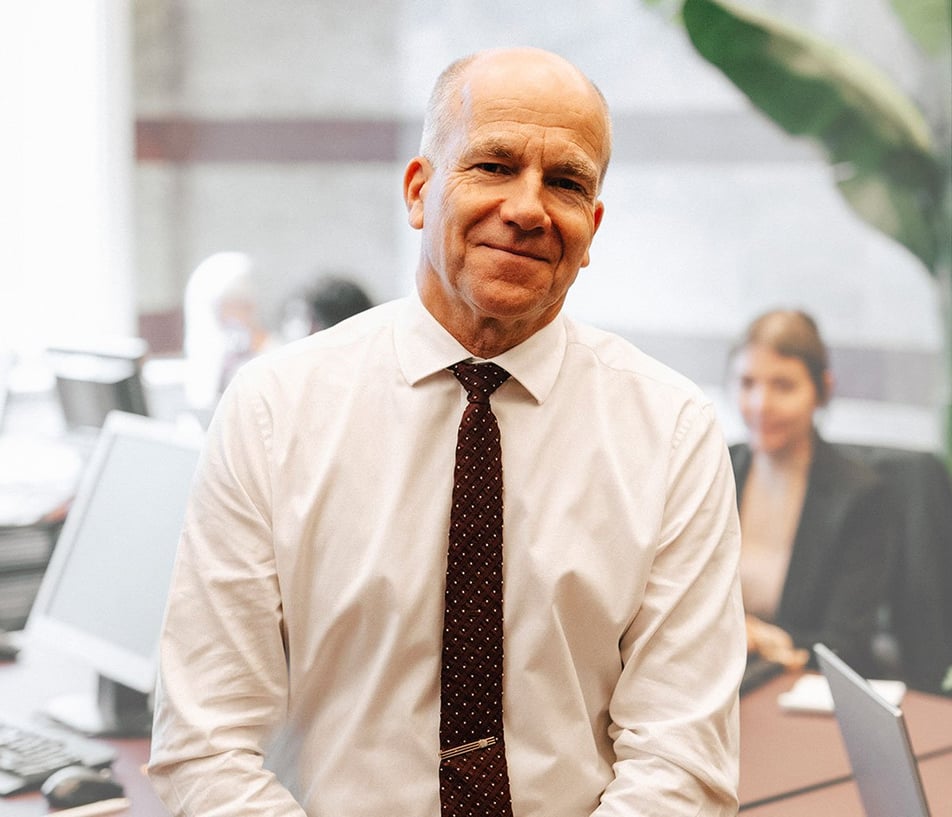
.png?width=400&height=400&name=CT-How_Can_We_Help-22_july_NewGraphic_b(small).png)

.png?width=1386&height=1224&name=2025%20Legal500%20Elite%20Boutique%20Award%20(Badge).png)
.png?width=1386&height=1224&name=ITR%20Finalist%20Practice%20Leader%20of%20Year%20Peter%20Aprile%202024%20(Badge).png)
.png?width=1386&height=1224&name=2025%20Legal500%20Leading%20Firm%20Client%20Satisfaction%20Award%20(Badge).png)
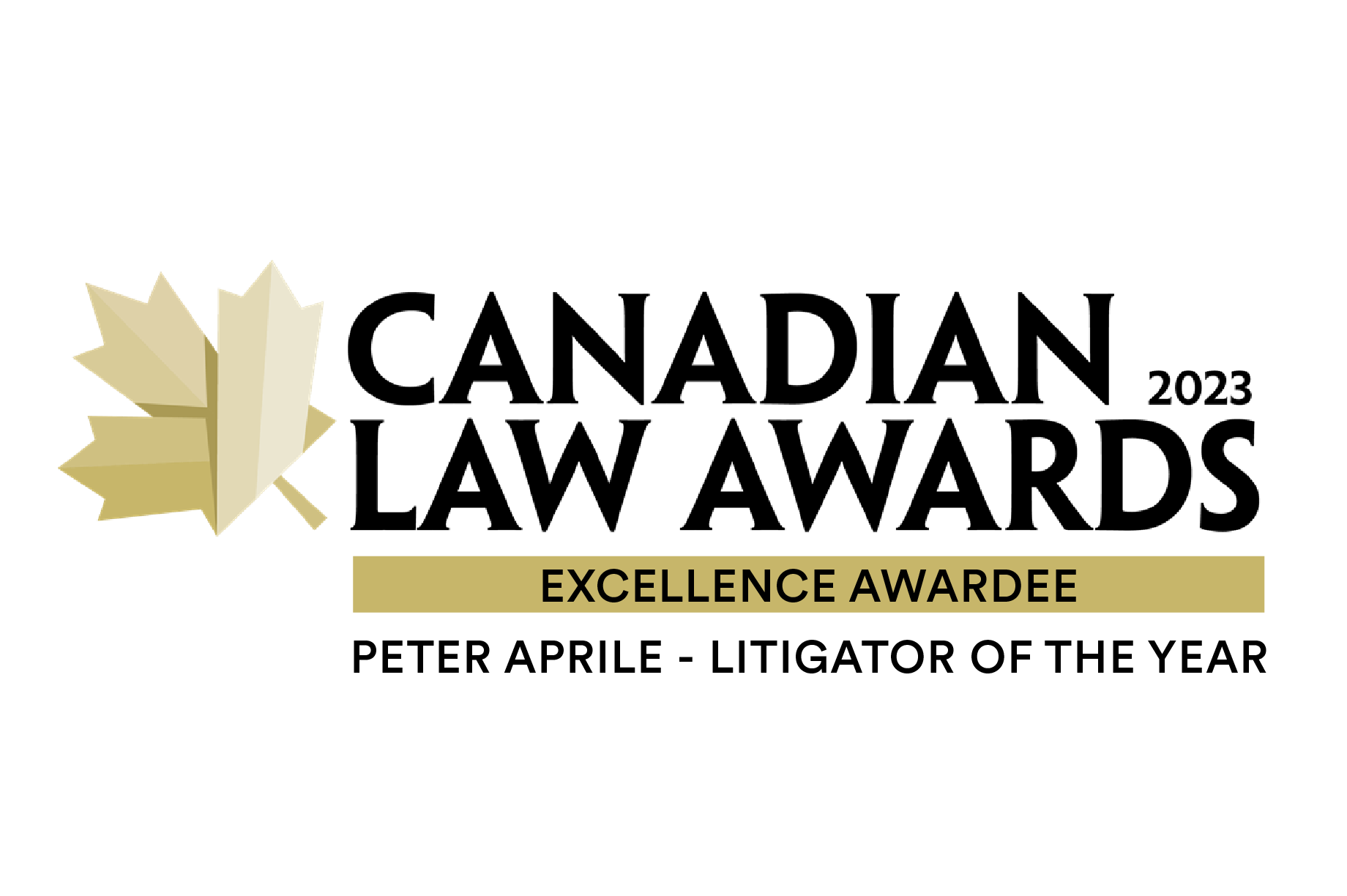



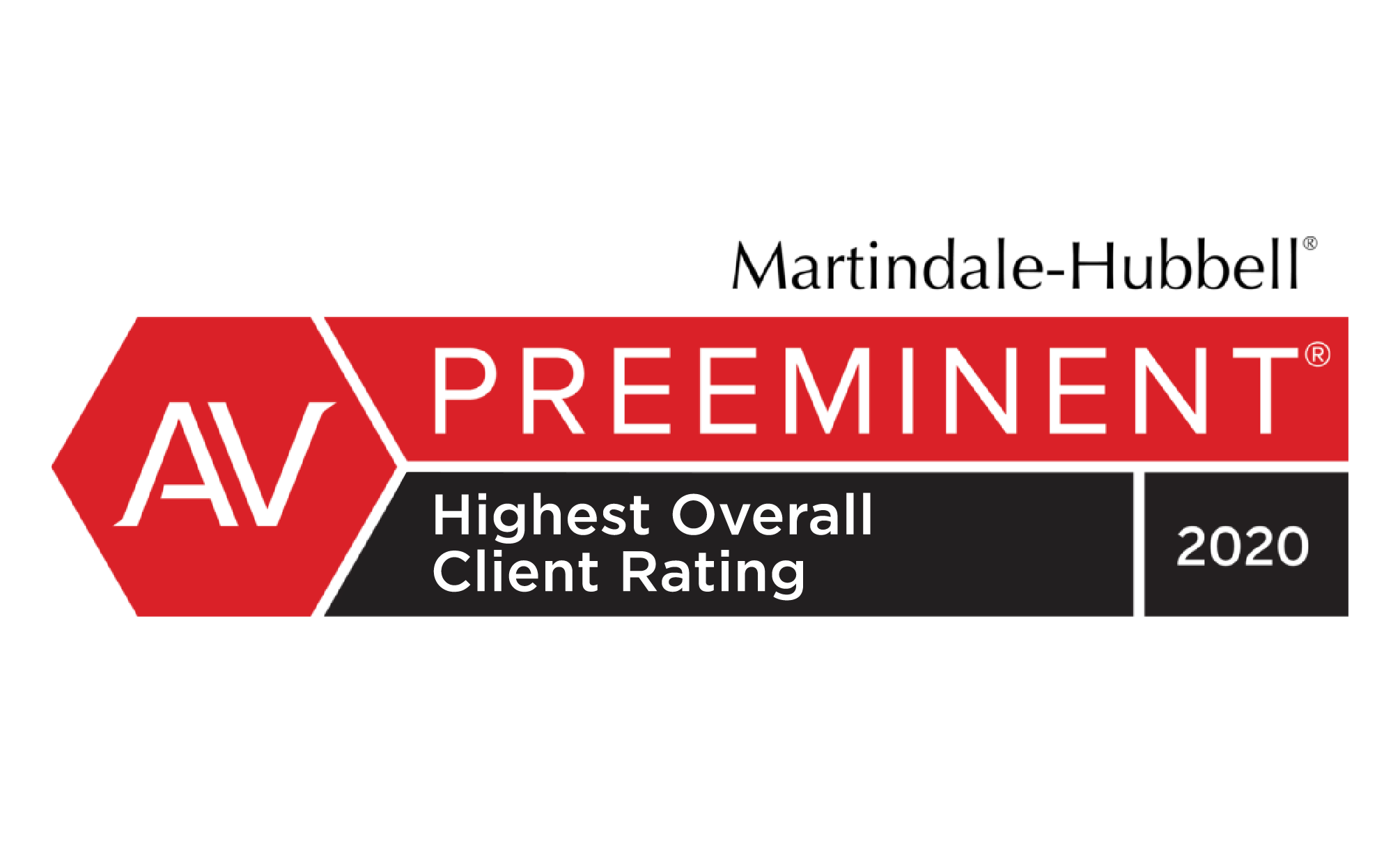
.png?width=1386&height=1224&name=ITR%20Tax%20Innovator%20Finalist%202024%20Award%20(Badge).png)


